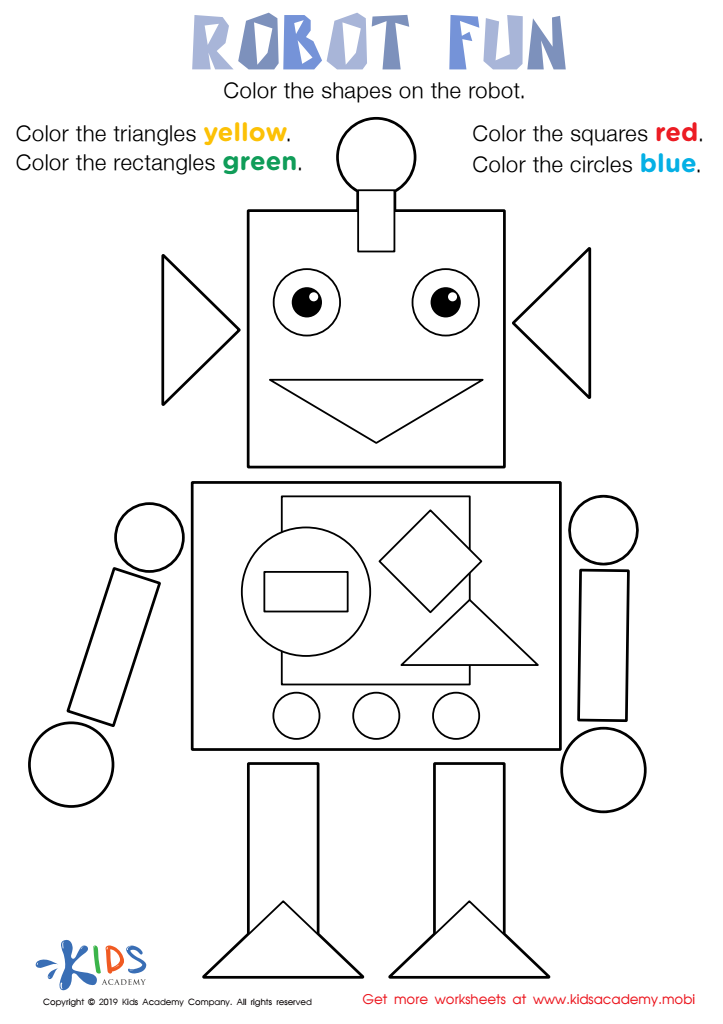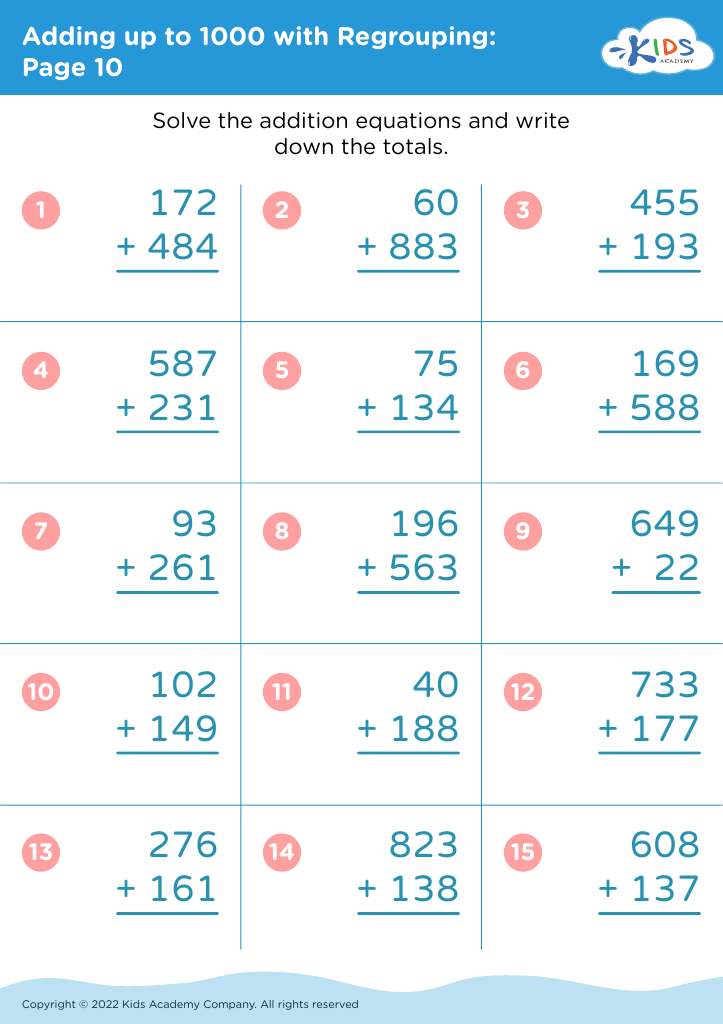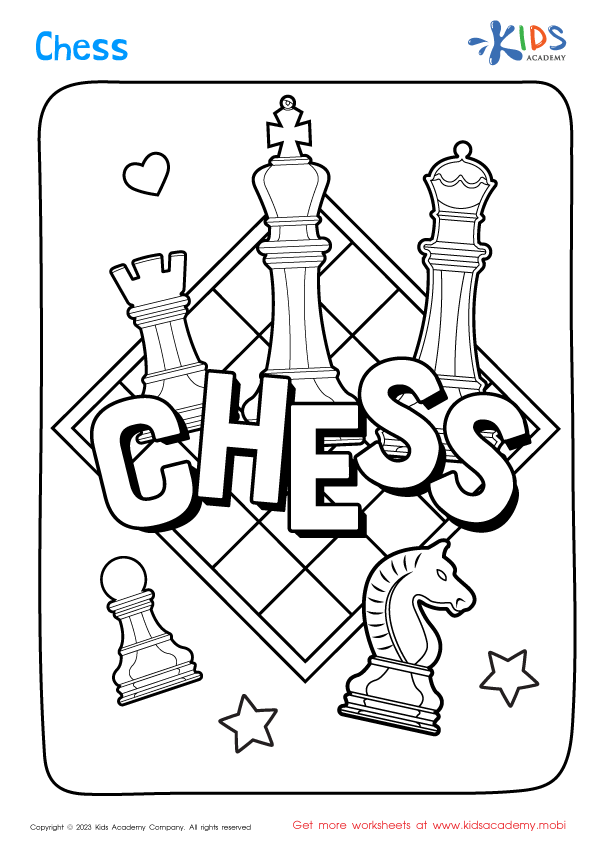Developing fine motor skills Worksheets for Ages 8-9
5 filtered results
-
From - To
Enhance your child's fine motor skills with our engaging worksheets designed specifically for ages 8-9! Our collection includes a variety of activities that promote hand-eye coordination, dexterity, and precision. From drawing and tracing to cutting and pasting, each worksheet is tailored to capture children's interest while helping them refine essential motor skills crucial for academic success. By incorporating playful tasks, we ensure learning is fun and effective. Whether at home or in the classroom, these worksheets provide perfect opportunities for kids to practice, grow, and gain confidence in their abilities. Explore our resources and support your child’s development today!


Robot Fun Worksheet
Developing fine motor skills for children aged 8-9 is essential for several reasons. At this age, children are increasingly engaged in more complex tasks, both academically and in day-to-day life, that require precise hand-eye coordination and dexterity. Fine motor skills are critical for activities such as writing legibly, using scissors, solving puzzles, and participating in various arts and crafts.
The importance of these skills extends beyond just classroom tasks; they play a pivotal role in a child's social-emotional development and independence. When children can proficiently perform everyday skills, they gain confidence, which fosters a sense of achievement and self-esteem. Additionally, strong fine motor skills contribute to better academic performance as they link directly to writing and other learning processes.
Moreover, fine motor activities also support cognitive development as they often involve problem-solving and concentration. Therefore, both parents and teachers should emphasize nurturing these skills through enjoyable hands-on activities, games, and crafts. By fostering an environment that encourages fine motor development, caregivers help children cultivate skills that aid their learning journey today and lay the foundation for future success in various aspects of life.



 Assign to My Students
Assign to My Students























